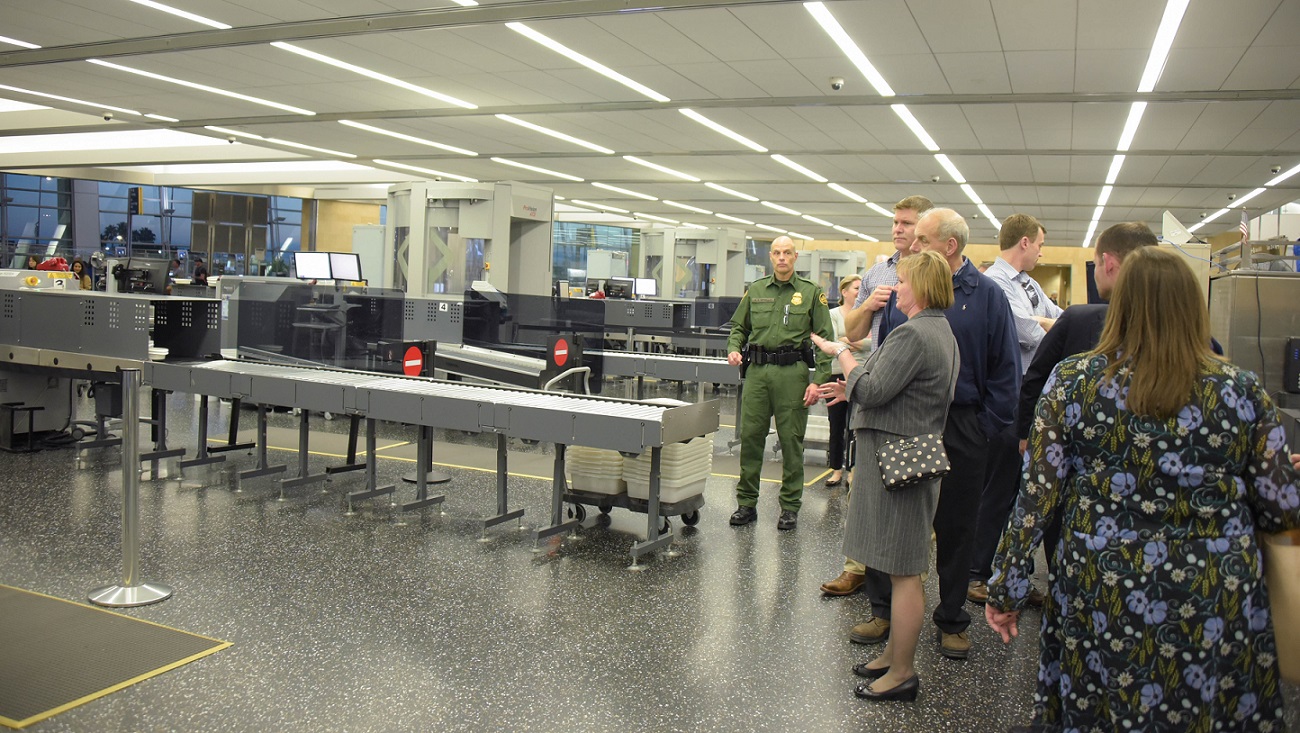This article, published by FutureChallenges, discusses the psychological and analytical challenge of accurately estimating the risk of different catastrophes and using those estimates in sound decision-making.
The article begins as follows:
This summer I was on a flight from Australia to Japan. I took my shoes off at security, just like I always do. But this time, my gesture drew little smirks from the others nearby. I looked around: no one else had their shoes off. Someone commented to me with a polite smile, ‘You must be American’. I was embarrassed.
Ever since the 9/11 attacks, we Americans have adjusted to, among other things, more stringent airport security. We don’t always like it, and we sometimes even protest it, especially when it lengthens our flight times or invades our privacy. But we do understand that this is part of the effort to prevent our commercial airplanes from ever being used against us again. On the other hand, when countries like Australia don’t follow suit, I can’t help but wonder: are Americans overreacting to the risk?
Risk is commonly defined as the probability of some bad event happening, times the magnitude of the damages if it does occur. A major terrorist attack might be unlikely, but if it happens it would cause great harm. Thus it constitutes a large risk. But risk is as much about emotions as it is about numbers. 9/11 is an excellent example: the damages are not just measured in lives lost and the construction costs of rebuilding, but also in the psychological toll of everyone in America and beyond that was moved by the event.
The remainder of the article is available in PDF archive.
Image credit: US Department of Homeland Security
This blog post was published on 17 April 2024 as part of a website overhaul and backdated to reflect the time of the publication of the work referenced here.










